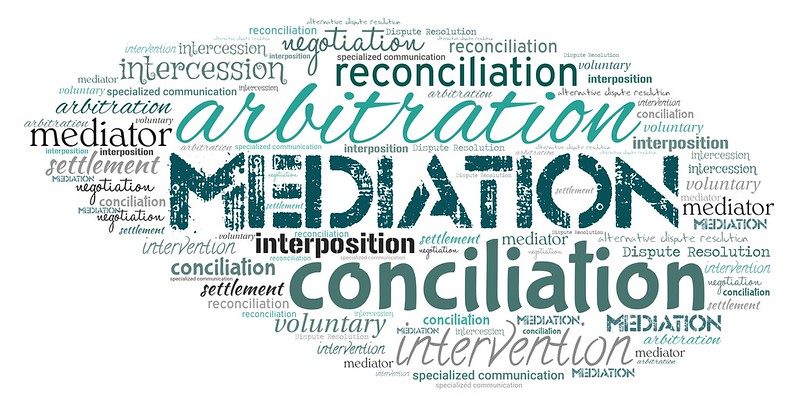There’s a quiet revolution happening in how we approach conflict. While courtrooms and legal battles still hold their place, a growing number of people are recognizing the power of finding solutions outside the adversarial system. Mediation, a form of alternative dispute resolution (ADR), is gaining traction as a valuable tool for resolving conflicts collaboratively and efficiently. This shift has sparked a surge of interest in mediator education, with professionals from all walks of life seeking to add this valuable skill to their repertoire.
Public Justice and Law
The legal world is changing. While court battles will always have their place, there’s a growing recognition that sometimes, the best solutions are found outside the courtroom. Mediation, a form of alternative dispute resolution (ADR), is gaining traction as a powerful tool for resolving conflicts collaboratively and efficiently. Whether you’re a seasoned lawyer, an HR professional, or simply someone looking to enhance their conflict resolution skills, mediator training can be a game-changer.
The Power of Mediation
Why is mediation becoming so popular? Here’s the breakdown:
Today’s workplace demands more than just legal compliance from its managers. Leaders need to be equipped to navigate the human dynamics of their teams, fostering a respectful and inclusive culture while addressing complex issues with sensitivity and confidence. This is where HR training becomes indispensable.
The Power of HR Training
Effective HR training empowers managers to:
- Minimize legal risks: Develop a strong understanding of employment laws and compliance requirements, proactively addressing potential issues to avoid costly legal battles.
- Cultivate a positive workplace: Foster a culture of respect, inclusion, and open communication, leading to increased employee engagement and reduced conflict.
- Navigate challenging conversations: Confidently address sensitive matters like performance concerns, harassment complaints, and accommodation requests with professionalism and empathy.
From the bustling Texan metropolises to the tranquil Oklahoma plains and the vibrant Florida coast, a subtle but significant shift is occurring in how Americans handle conflict. While courts and litigation will always be necessary for certain disputes, there’s a growing realization that sometimes, the best resolutions are found not in a courtroom showdown, but in a collaborative conversation. Mediation, a form of alternative dispute resolution (ADR), is gaining momentum for its ability to resolve conflicts peacefully and efficiently. This trend is evident in the increasing number of mediation centers and the rising demand for skilled mediators across the country.
In our increasingly complex world, conflict is an unavoidable reality. Whether it arises in our workplaces, families, or communities, finding constructive ways to navigate disagreements is essential for building a more harmonious future. While traditional legal approaches have their place, there’s a growing recognition that sometimes, the best solutions aren’t found in a courtroom battle, but in a facilitated conversation. Mediation, a form of alternative dispute resolution (ADR), is gaining momentum for its ability to resolve conflicts collaboratively and peacefully. This has led to a surge in interest in mediation training, with professionals from all walks of life recognizing its value in fostering understanding and building stronger relationships.




